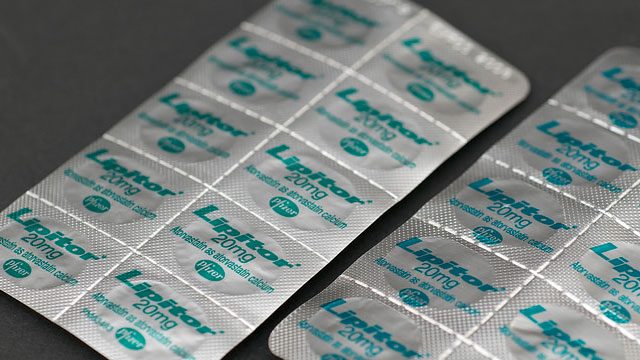
Lipitor® (atorvastatin calcium) and other statins help those with high levels of low-density lipoprotein (LDL, or bad cholesterol) to reduce those levels. People who have high levels of LDL run the risk of strokes, heart attacks, and various other cardiovascular conditions.
While Lipitor may help to reduce LDL cholesterol levels, unfortunately it can also lead to serious medical conditions such as type 2 diabetes.
The Connection Between Lipitor and Diabetes
The U.S. Food and Drug Administration (FDA) approved Lipitor to treat high levels of cholesterol in 1996. After it was released, scientists discovered there were more people diagnosed with diabetes among those taking statins than those who were not taking statins.
The FDA updated their guidelines for the statin drug class in 2012. They added a warning that the use of this class of drugs presented a “small increased risk” for the development of type 2 diabetes and high blood sugar levels. However, they noted in their warning their belief that the positive benefits to the heart and cardiovascular health of an individual outweighed any slight increased risk for the development of diabetes.
Individuals with Greatest Risk
Not every individual who uses a statin medication will develop type 2 diabetes or other side effects. Those who have an increased risk include the following:
- Females
- People who currently have liver or kidney diseases
- People over the age of 65
- People who drink more than an average amount of alcohol
- People who are using more than one medication for reducing cholesterol
Reduction of Risk
The best way to reduce the risk associated with taking Lipitor is to reduce the need for cholesterol-lowering medication. Some of the ways you can help improve your cholesterol levels include the following:
- Maintain a healthy weight
- Make improvements in your diet so you eat healthier
- Get more exercise
- Stop smoking
One very important thing to remember is never stop taking any statin medication without speaking with your doctor first. You want to use a strategy developed with your doctor in order to reduce your need for the cholesterol-reducing medication whenever possible.
Research Results for Statin Therapy and Diabetes
Researchers are generally in agreement that the use of statins increases an individual’s risk for the development of diabetes. Research supports the premise that there is a 10-12 percent increased incidence in patients who take statins (Current Atherosclerosis Reports, Jan. 2015). According to Nature Reviews Endocrinology, the risk increases with higher dosages.
Investigators are of the opinion statins cause impairment of beta-cell function in the pancreas and thus reduces insulin sensitivity. What is unconfirmed and controversial is whether patients who have already been diagnosed with diabetes have a more-difficult time controlling their blood sugar levels when they are undergoing statin therapy.
Drug Injuries and Your Ability to File a Lawsuit
Anyone who has developed type II diabetes (or was otherwise harmed) after using Lipitor may be eligible to recover financial losses from the manufacturer through a product liability claim.
Even though these types of claims are quite complex, the majority of product liability attorneys actually handle these types of cases on a contingency fee basis (no fees unless they win your case). For more information about your legal options, seek out a free consultation with a product liability lawyer in your area.







